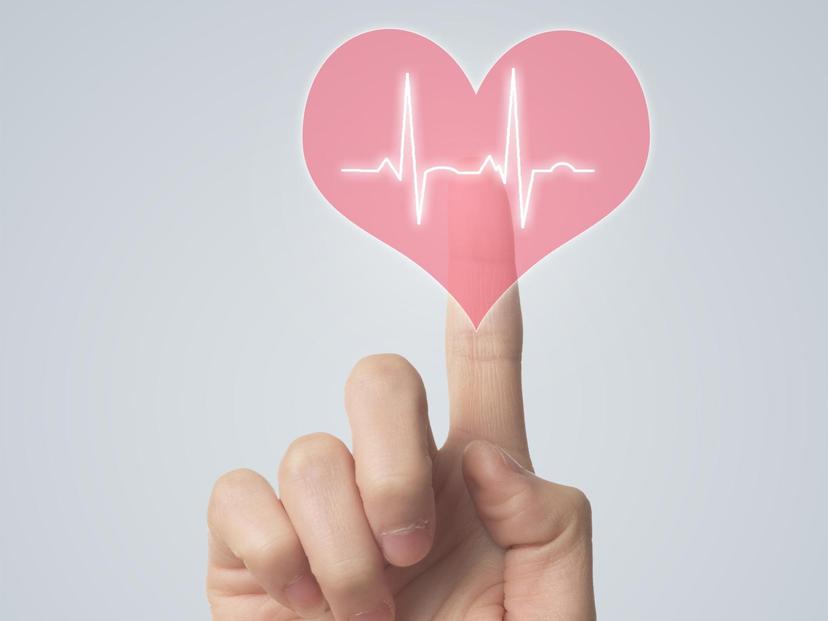18 января 2022
Iodine Deficiency: The Causes and What You Can Do About It


18 января 2022
Iodine Deficiency: The Causes and What You Can Do About It
## Primary causes of iodine deficiency
Iodine deficiency never occurs in those who live near the sea, but other populations are at risk. There are several causes of iodine deficiency, including strict dieting, fasting, vegetarianism, improper dieting, uncontrolled intake of hormonal drugs, genetic predisposition to [thyroid diseases](https://ul.orna.me/KOge/community?discussion=16071 "thyroid"), and bad habits.
Iodine deficiency can be triggered by diseases of the gastrointestinal system, which lead to low absorption of iodine. Iodine absorption can also be reduced by excessively chlorinated or fluoridated water, long-term treatment with certain drugs (antibiotics, sulfonamides, and bromine-based drugs), and prolonged stress.
## Why you need iodine
Iodine is required for the synthesis of thyroid hormones thyroxine (T4) and triiodothyronine (T3), which are produced by the thyroid. These hormones regulate all types of metabolism including lipid, carbohydrate, and protein metabolism. In simple terms, these hormones provide energy for mental and physical activity.
Iodine deficiency leads to thyroid disorders and goiter as well as abnormalities in fetus development during pregnancy. Iodine deficiency in children can lead to a lag in mental and physical development.
## How to tell if you have iodine deficiency
The symptoms of iodine deficiency are easily identifiable. Typically, they include lethargy, drowsiness, slowed reaction, memory problems, lowered mental ability, and decreased immunity. This could happen to anyone, especially during the cold season.
If you think you might have iodine deficiency, ask yourself the following questions:
- Have you started to feel tired?
- Are you worried about gaining weight for no apparent reason?
- Does your hair look like straw and fall out?
- Do you suffer from dry skin?
- Do you feel cold even in a warm room?
- Are you sweating less?
- Do you find it difficult to concentrate or handle ordinary working tasks?
- Do you feel that memorizing something new has become more difficult and that learning requires more effort?
- Do you often have irregular periods?
- Do you have issues with digestion?
- Have you noticed a swelling on the front side of your neck which you didn’t see before?
- Do you have a lower sex drive?
If you answered "yes" to three or more questions, you should see a doctor.
## Can I just have a test for iodine deficiency?
It is not as simple as that, as it is a complicated and expensive procedure and therefore only done when necessary. If your doctor also suspects iodine deficiency, he or she will send you for a blood test to check the level of T3 and T4 free hormones in your blood. The quantity of these hormones is directly affected by the level of iodine in your body.
## How much iodine is enough?
The daily dosage of iodine is different for each age group. Infants need 25–50 mcg of iodine per day. Children from 1 until 6 years of age need 50–90 mcg. Children from 6 until 12 years need 120 mcg. Teenagers and adults need 150 mcg. Pregnant and lactating women need 250 mcg. Children under 6 months obtain a sufficient dosage of iodine from breast milk or artificial milk mixtures.
Please bear in mind that too much iodine is also dangerous. The upper allowable consumption level is 650 mcg/day. This is why you shouldn’t rely on suggestions to mix a drop of iodine with sugar or apply iodine on the area of the thyroid. Remember, just 3 mg of iodine can cause death!
## Prevention is better than a cure
Of course, moving to the seashore is the best prevention of iodine deficiency. But if you can’t do that, try to incorporate more iodine-rich foods into your diet. These include sea fish and seafood, seaweed, chicken eggs, hard cheese, natural yogurt, feijoa, prunes, and walnuts.
The primary source of iodine is iodized salt, which makes it the key means of preventing iodine deficiency around the world. However, if you need to limit your salt consumption for some reason, or cannot buy iodized salt, consider taking multivitamins with iodine.













